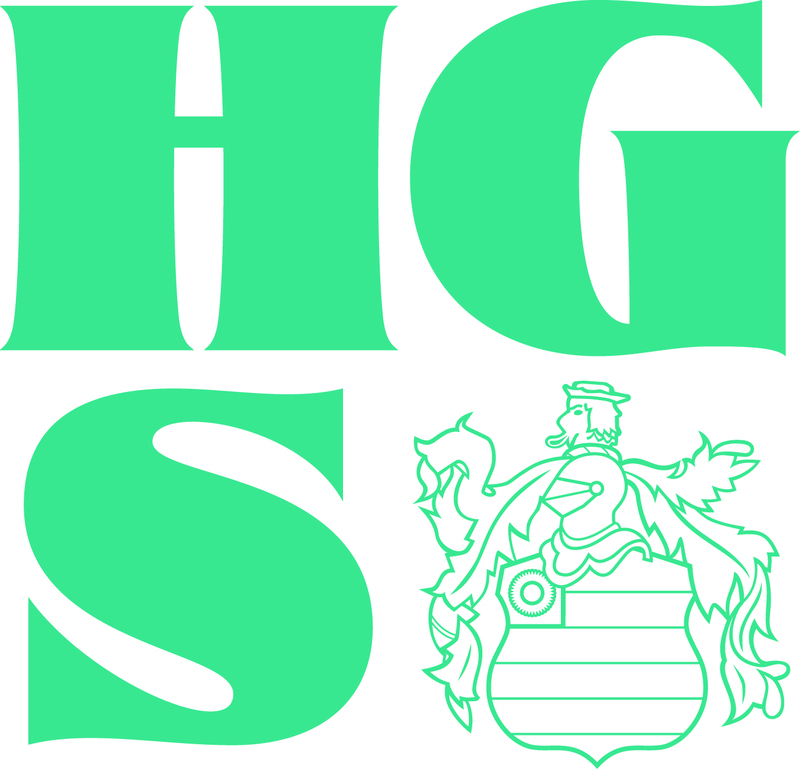The study of Mathematics at A level is divided into two main sections: - Pure Mathematics - Applied Mathematics (Mechanics and Statistics) All students follow programmes of study which cover pure mathematics, statistics and mechanics. Pure Mathematics revisits, in greater depth, some of the topics studied at GCSE such as algebra, trigonometry, functions and graphs, but also introduces new topics such as calculus and coordinate geometry. - Statistics builds upon the work at GCSE and includes topics such as correlation, regression, and probability distributions. Some of these topics tend to be useful for the Sciences, Geography, Psychology and Business. - Mechanics involves the study of forces and their actions on particles, the motion of particles, and Newton’s laws of motion. This topic is particularly useful for Physics and Engineering. The A level programmes of study will be examined at the end of Year 13 and will make up the A level award in Mathematics. Some students may choose to study mathematics in Year 12 only and sit AS papers at the end of the year.
Generally, it is a requirement that students will have studied Mathematics at GCSE Higher Level. Students are advised that they should only embark on this course if they have a minimum of a grade 7 at Higher Level. Students will find it easier to cope with the content if they have good algebra skills.
Written examination (80%) Coursework (20%)
About Education Provider
| Region | North West |
| Local Authority | Oldham |
| Ofsted Rating | |
| Gender Type | Co-Educational |
| ISI Report | View Report |
| Boarding Fee | Unknown |
| Sixth Form Fee | £9,840 - £13,470; International Students£18,000 |
| Address | Chamber Road, Oldham, OL8 4BX |
The study of Mathematics at A level is divided into two main sections: - Pure Mathematics - Applied Mathematics (Mechanics and Statistics) All students follow programmes of study which cover pure mathematics, statistics and mechanics. Pure Mathematics revisits, in greater depth, some of the topics studied at GCSE such as algebra, trigonometry, functions and graphs, but also introduces new topics such as calculus and coordinate geometry. - Statistics builds upon the work at GCSE and includes topics such as correlation, regression, and probability distributions. Some of these topics tend to be useful for the Sciences, Geography, Psychology and Business. - Mechanics involves the study of forces and their actions on particles, the motion of particles, and Newton’s laws of motion. This topic is particularly useful for Physics and Engineering. The A level programmes of study will be examined at the end of Year 13 and will make up the A level award in Mathematics. Some students may choose to study mathematics in Year 12 only and sit AS papers at the end of the year.
Generally, it is a requirement that students will have studied Mathematics at GCSE Higher Level. Students are advised that they should only embark on this course if they have a minimum of a grade 7 at Higher Level. Students will find it easier to cope with the content if they have good algebra skills.
Written examination (80%) Coursework (20%)
